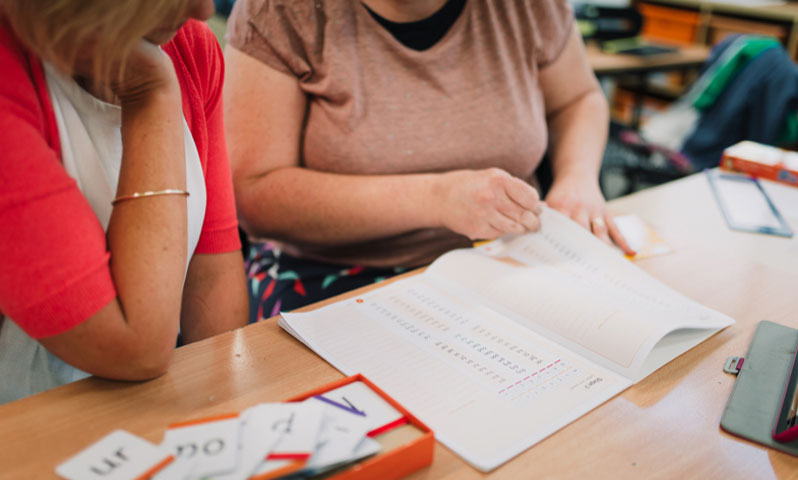
Interested in learning one of our courses?
Get in touch with our team to book a course now!

Teacher & Tutors
Words Matter: Oral Language & Communication in the K-2
5 Weeks
$275
The focus of this professional development is to equip classroom teachers with effective whole class (Tier 1) practices and strategies to support the development of oral language skills in the K-2 classroom.

Teacher & Tutors
Teaching Children With Learning Disabilities
12 Weeks
$125
Kathryn provides current research and curriculum aligned professional development through the lens of inclusive education that is easily translated into classroom practice.









